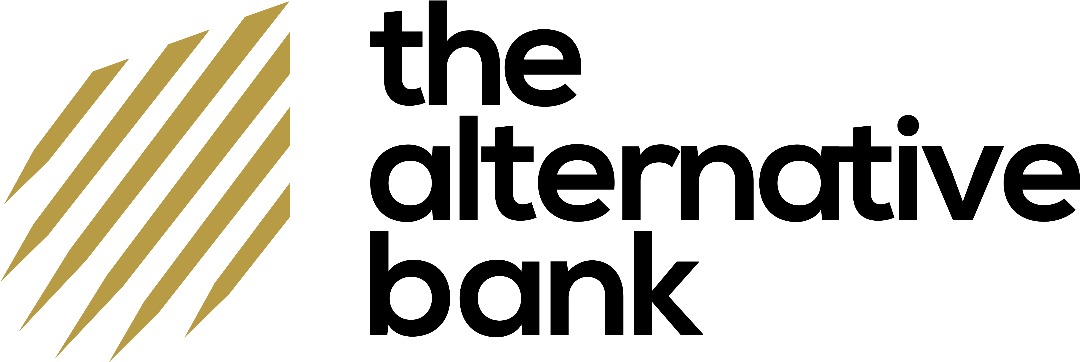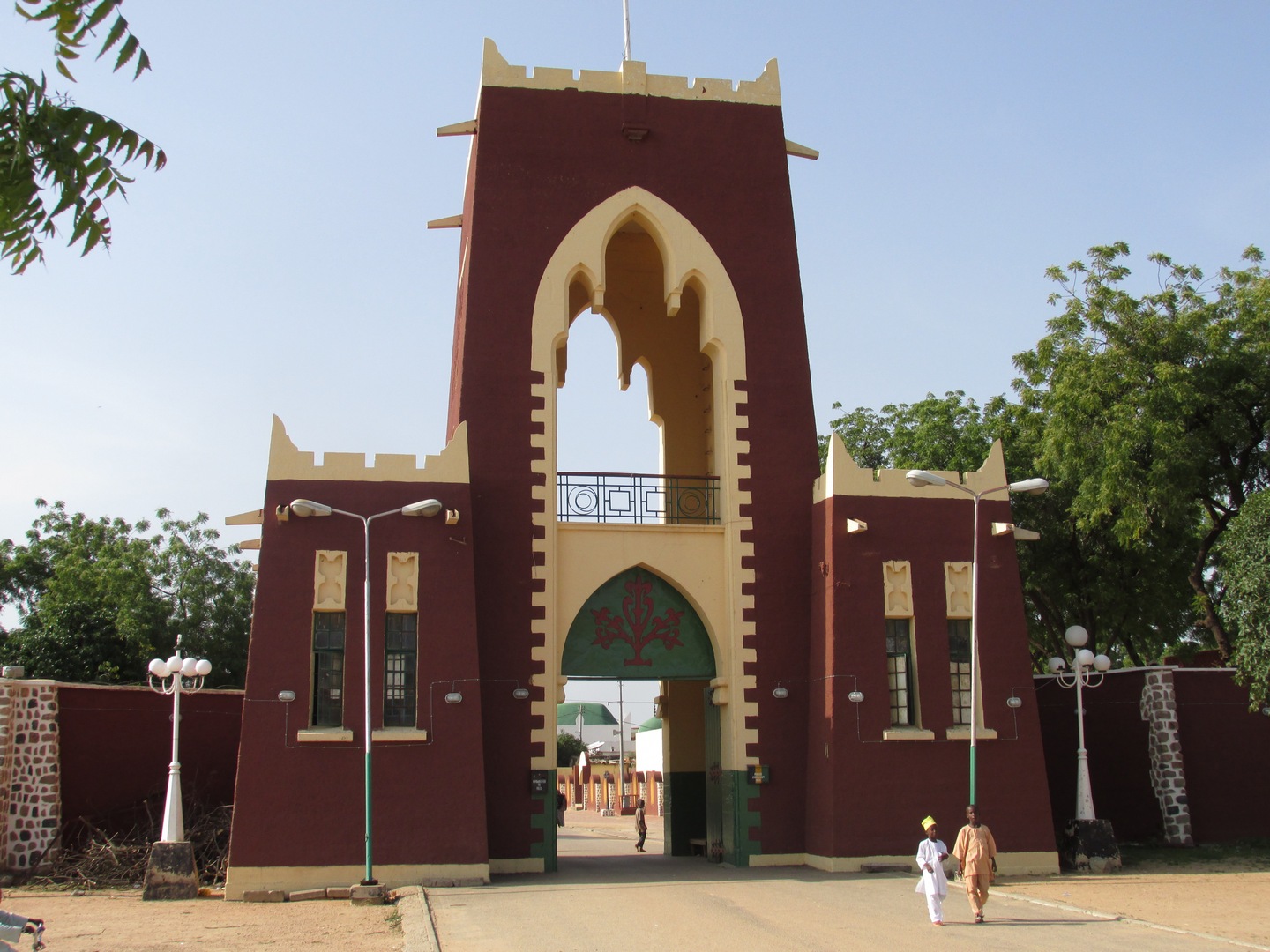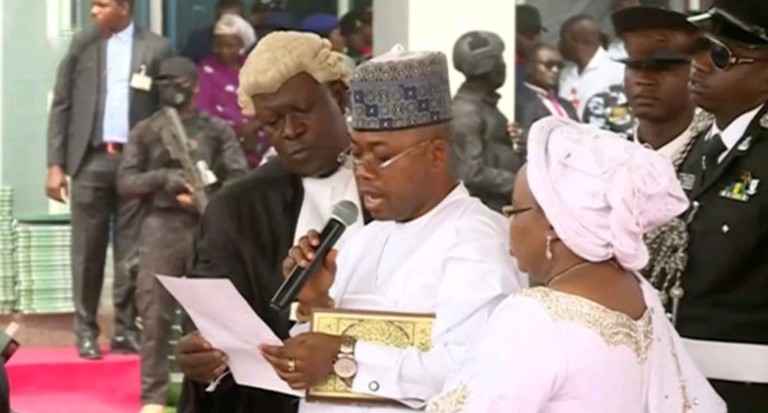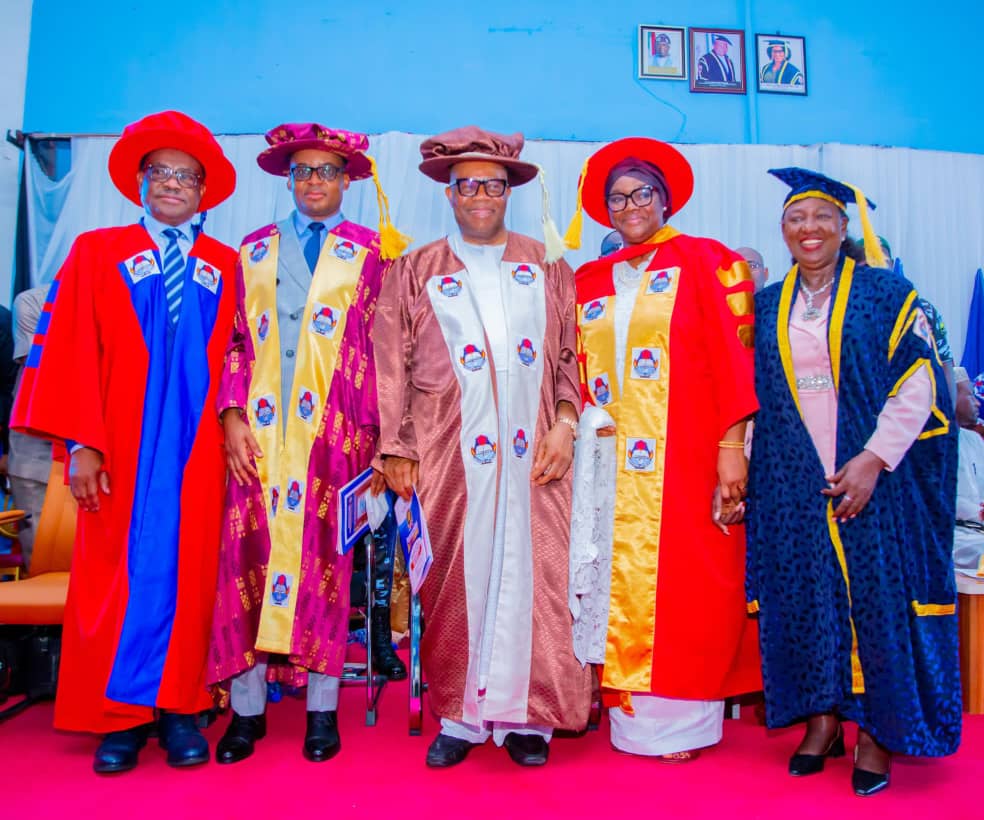By Steven Atokolo
The Alternative Bank has set a new standard for purpose-driven finance with the launch of an ethical financing framework designed to transform Africa’s agricultural sector—placing farmers, not financiers, at the center of the continent’s food future.
Speaking at the Agriculture Summit Africa 2025, themed “Survival of the Greenest: Reclaiming Africa’s Food Destiny,” Garba Mohammed, Executive Director, North, at The Alternative Bank, emphasized that Africa’s prosperity depends not only on how food is cultivated and processed but also on how it is financed. He was represented by his Chief of Staff, Azeez Badru.
“This theme signals a continental awakening,” Mohammed said. “Africa’s food destiny will not be reclaimed by technology alone, but by the courage to finance differently,to make money serve humanity rather than the other way around.”
Against the backdrop of Nigeria’s worsening food security crisis, The Alternative Bank is pioneering a shift toward ethical, transparent, and equitable financing. Mohammed described agriculture as “a sacred trust” and reaffirmed the Bank’s mission to fund productivity rather than speculation.
“We are financing purpose, not just profit. Agriculture is a national responsibility. Every loan and every partnership must feed families, protect the land, and build resilience. That is the essence of ethical finance,” he stated.
The Bank’s strategy draws from time-tested non-interest financing models such as Mudarabah (profit-and-loss sharing), Musharakah (equity partnership), Ijara (lease-to-own financing), and Murabaha (cost-plus trade finance). Through these tools, the Bank redistributes risk and reward across the agricultural value chain, empowering producers, processors, and distributors while ensuring fairness and sustainability.
For too long, Mohammed noted, those who feed Africa have borne the greatest burden while financiers reap the largest rewards. That imbalance, he affirmed, must end, and The Alternative Bank intends to lead the change.
Beyond capital, the Bank’s support includes renewable energy systems for irrigation, solar-powered cold storage, and waste-to-value solutions—initiatives that reduce environmental impact while increasing yields and income.
“The survival of the greenest challenges us to build systems that reward stewardship over speculation, and to finance not just growth, but good,” Mohammed asserted.
In commending the organisers of Agriculture Summit Africa 2025, The Alternative Bank reaffirmed its commitment to reshaping Africa’s food systems through finance that empowers rather than exploits. It called on institutions, investors, and innovators to join in placing farmers at the center of transformation—where dignity, equity, and sustainability drive every transaction.
“We are leading this charge,” Mohammed concluded, “and we welcome farmers, off-takers, partners, and all who believe that finance should build fair, resilient food systems.”



